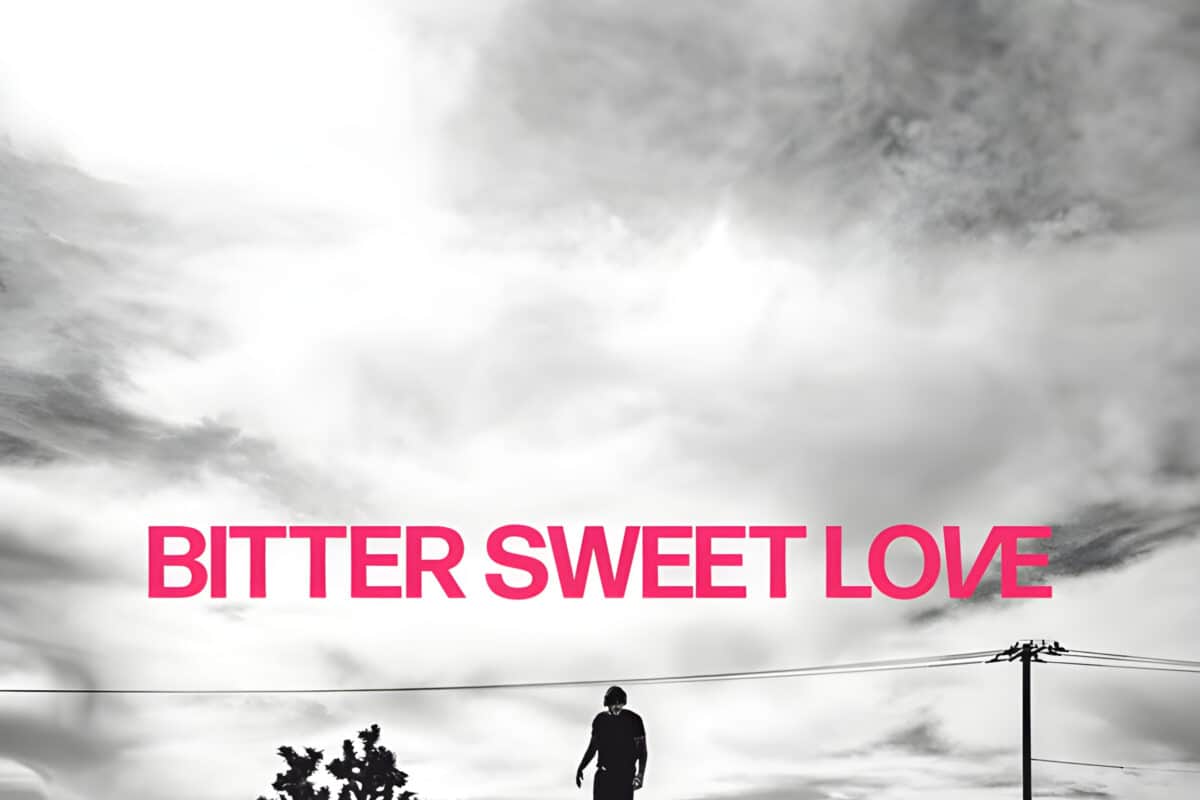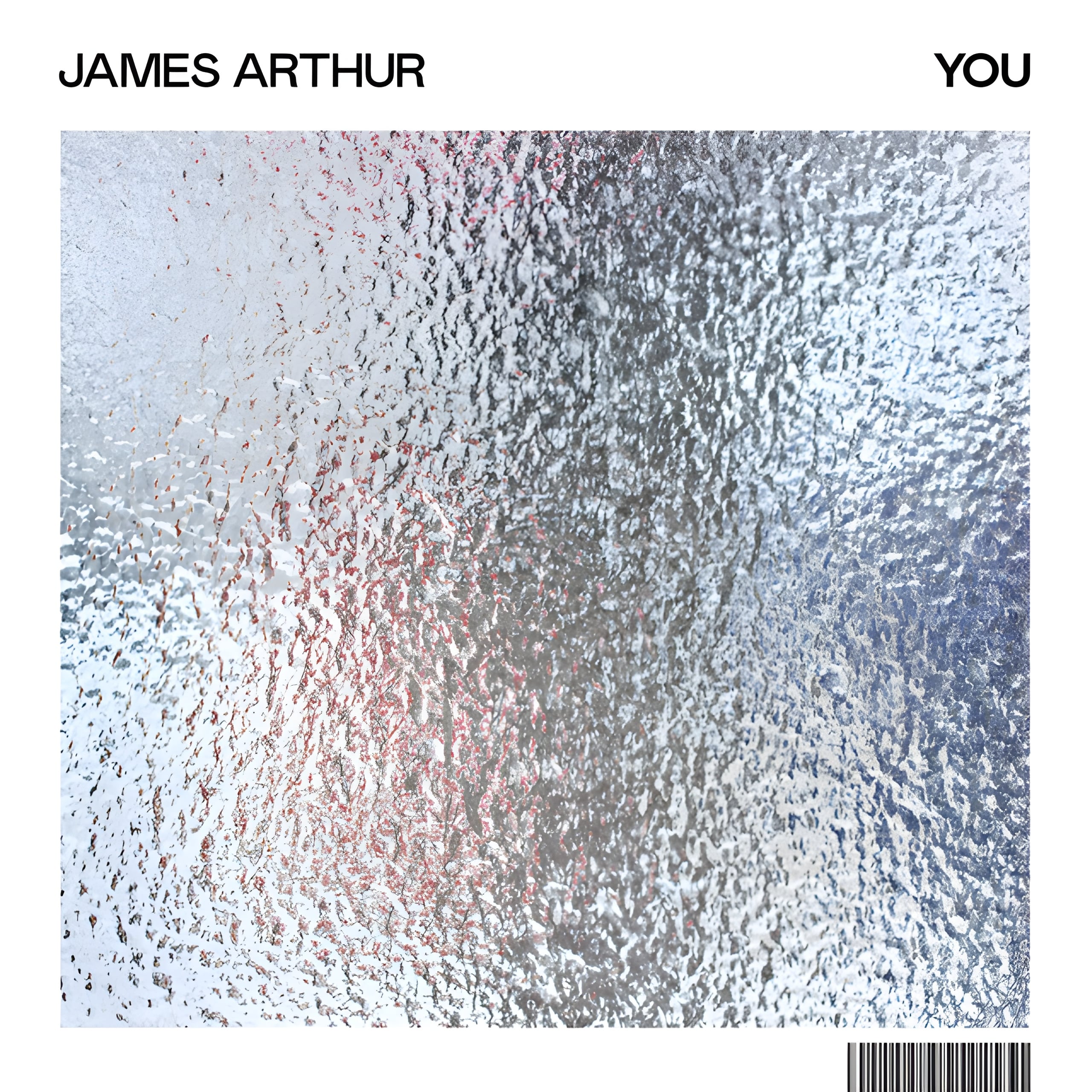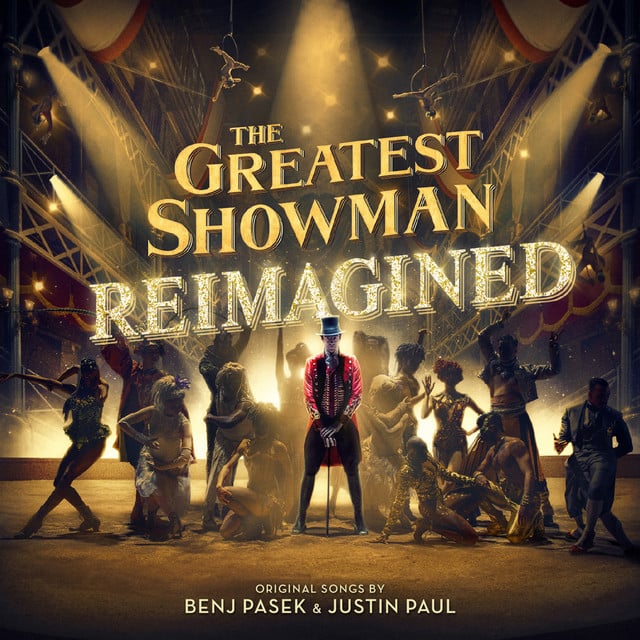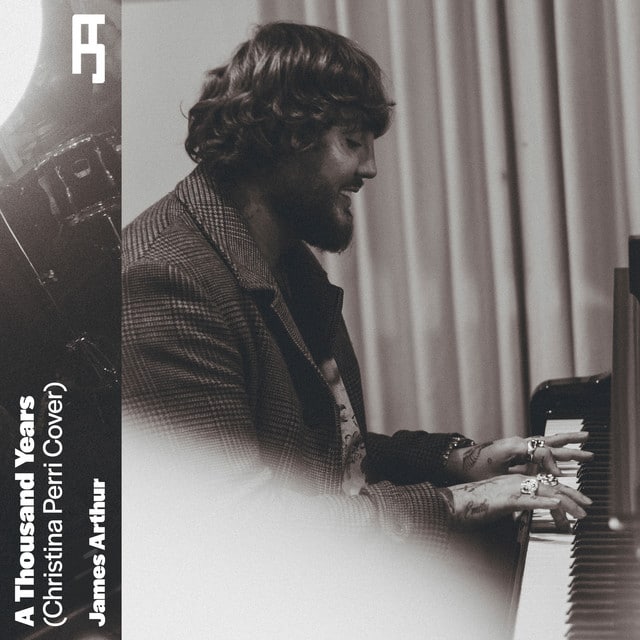Released: 2024In the heart of James Arthur’s song “Blindside”, there’s a story of love lost and the haunting memories that linger. The lyrics paint a vivid picture of a relationship that shifted with the seasons, leaving scars and a sense of longing in its wake. It’s a ballad that hits deep for anyone who’s ever loved and lost, questioning why we cling to those who have left us.
The opening lines, “Summer ends, and autumn starts all fadin’ into one”, set the stage with a metaphor for change and transition, suggesting how swiftly feelings and relationships can transform. Here, Arthur conveys the inevitable passage of time and its effect on love, implying that despite the change in seasons, the impact of the past relationship lingers, leaving “scars”. The reference to time’s scars speaks to the lasting impression of a love that once was, perhaps suggesting it was a first love or a particularly intense relationship.
As we move through the song, Arthur dives into the crux of his anguish with the refrain, “‘Cause you caught me on my blindside, right place at the wrong time”. The phrase “caught me on my blindside” is a vivid expression of being taken by surprise, emphasizing how the singer was unprepared for both the depth of his feelings and the end of the relationship. The juxtaposition of “right place at the wrong time” alludes to a love that felt destined yet doomed from the start, perhaps because of bad timing or external circumstances.
The lyrics, “You were good at talking back, so quick to use my past”, suggest a tumultuous relationship dynamic, highlighting communication issues and the pain of having one’s vulnerabilities used against them. This line deepens the narrative, indicating that the relationship was not only intense but also fraught with conflict. Arthur captures the bittersweet essence of love – it can be uplifting yet devastating when it crumbles.
Arthur repeatedly mentions being “haunted by the ghost of you”, a metaphor that vividly expresses how past love lingers in the mind and heart, affecting present emotions and sense of peace. This ghost represents unresolved feelings, the memories that play on a loop, and the longing for what could have been.
Finally, the recurring question, “Why do we love the ones that we lose?”, reflects a universal perplexity, touching on the human condition of longing for and idealizing lost loves. It’s a rhetorical question that adds depth to the song’s exploration of love, loss, and the haunting nature of memories.
In “Blindside,” James Arthur articulates the complex emotions of falling out of love and the struggle to move past a significant relationship. Through his soulful delivery and evocative lyrics, he captures the universal experience of nostalgia, regret, and the difficult journey of letting go. The song is a poignant reminder of love’s lasting impact, even when it’s gone.








